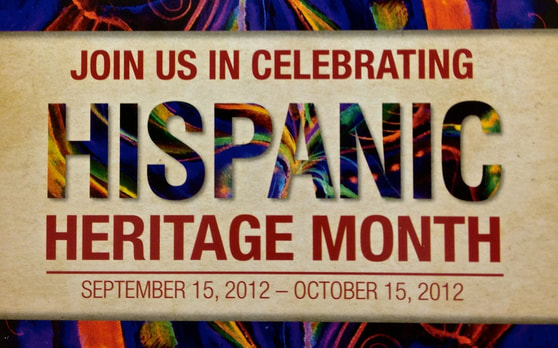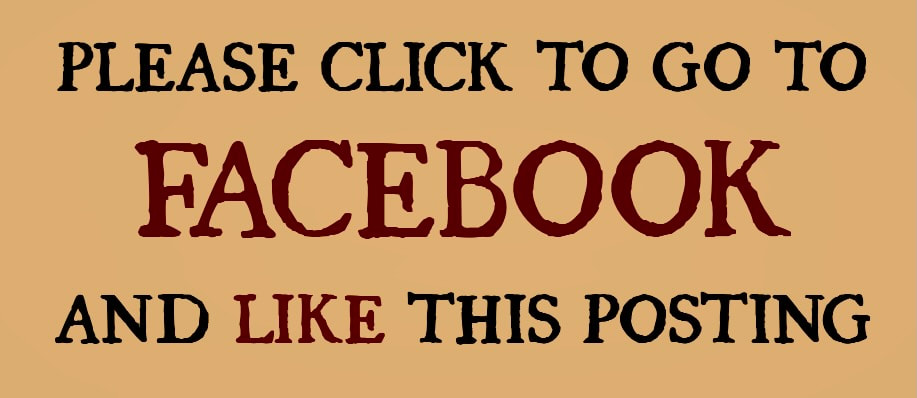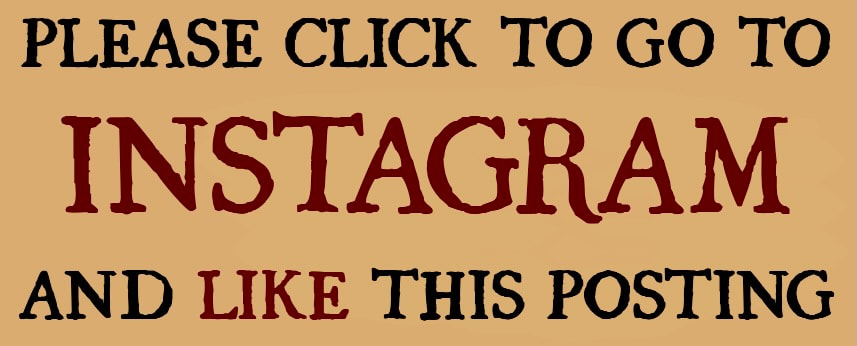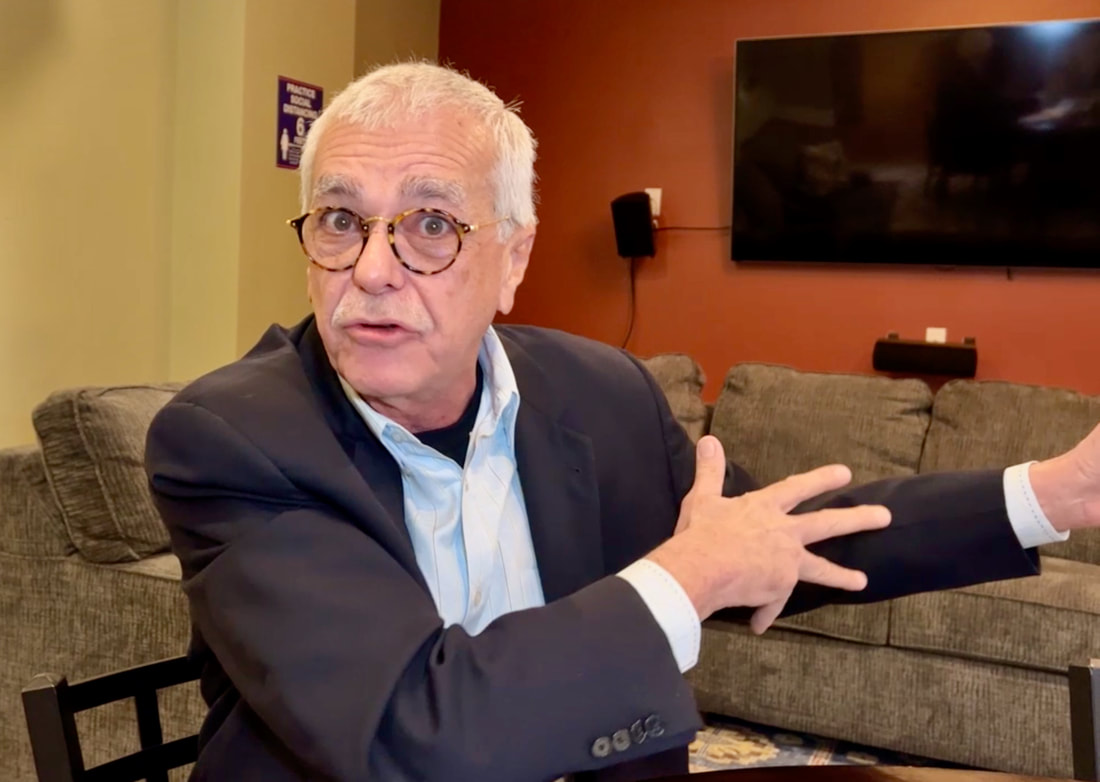9. Latinos are Failing
|
By Miguel Pérez
September 23, 2008 -About this time every year, when Latinos can't keep up with all the parades and fiestas to celebrate Hispanic Heritage Month, I get terribly upset. I keep looking for the kind of substance that African-Americans absorb in serious seminars and lectures during Black History Month, but I can't find it! Amid the cocktail parties and parade pageants to elect queens and hobnob with politicians, what I find is that Latinos are too busy partying like there is no "mañana." There is no doubt that the U.S. education system has failed to teach the contributions of Latinos throughout U.S history. But even during Hispanic Heritage Month, Latinos are failing, too. |
This is the time when we should be digging out the roots of our Hispanic heritage in North America. This is the time when we should be teaching young Latinos that they do have heroes and that their ancestors earned their right to be here.
Don't get me wrong. We should express our pride and gratitude for living in the world's greatest nation. But we also should teach our kids and all our fellow Americans a little history about our contributions since before this place was a nation. We played an important part in making this country great.
People say, "To know where you are going, you have to know who you are and where you came from." But our education system fails to teach Latino students where they come from, making it harder for them to understand who they are. Young Latinos may not have many role models, but it's not because they don't exist. It's because they don't know them! Their education has denied them access to their own heroes, their own history, and thus, their own future.
When I covered Hispanic Heritage Month celebrations as a reporter for daily newspapers in Miami, New York and New Jersey, instead of finding historical substance, I found young Latinos who gave me blank stares when I asked them to tell me about the heritage they were celebrating.
"Why are you here?" I would ask.
The answer was always the same: "Because I'm very proud of my Hispanic heritage." But of course, a reporter is looking for a variety of opinions. You don't want everyone you interview to give you the same sentence. And so I would insist: "Please tell me what makes you proud of your heritage."
They looked at me with lost expressions, as if I had asked them a trick question. Even those who wore colorful ethnic costumes knew nearly nothing about their own history. They could shout "viva" for their ancestral homelands, but that's as far as they'd go.
Again, don't get me wrong; it's great to march in a parade, but first you have to know why you are marching.
If they had told me that their Spanish and Latin American ancestors explored and settled a huge portion of the United States and built North America's first cities; if they had explained that their ancestors fought valiantly in every U.S. war, starting with the one that gave this country its independence; or if they had told me something about the millions of Latinos who have made enormous contributions to U.S. society, I would have been happy.
Unfortunately, through no fault of their own, they had little to say. Sometimes we Latinos can be our own worst enemies. Instead of sponsoring educational programs and using them to instill pride among young Latinos, demand respect from the political establishment, and obtain recognition from the media, Latino leaders often settle for lip service and worthless proclamations from politicians.
Even the Hispanic parades — where at least there is an opportunity to showcase the typical music, costumes and folklore of Latin America — usually are turned into campaign rallies by politicians who rarely deal with the needs of Latinos.
Latinos are more than 44 million strong in the United States and the fastest-growing segment of the U.S. population. We are a community confronting many barriers to our advancement — poorer, more discriminated against and less educated and skilled than non-Hispanic whites — but when we listen to historians outline our achievements, we find many reasons to feel proud.
Three centuries of hidden Hispanic heritage — that should be the main focus of Hispanic Heritage Month. It should be a time to celebrate and educate, a chance not only to rejoice over the beauty of our music, language and culture but also to recognize that this country was not explored, settled and colonized from east to west — as we often are led to believe — but from south to north.
If the schools don't teach the complete history of the United States, it's up to Latinos to fill the unfair gaps in American history. It's up to us to show the rest of society that this country is as much Spanish as it is English and that our roots are planted firmly here.
COPYRIGHT 2008 CREATORS SYNDICATE INC.
Don't get me wrong. We should express our pride and gratitude for living in the world's greatest nation. But we also should teach our kids and all our fellow Americans a little history about our contributions since before this place was a nation. We played an important part in making this country great.
People say, "To know where you are going, you have to know who you are and where you came from." But our education system fails to teach Latino students where they come from, making it harder for them to understand who they are. Young Latinos may not have many role models, but it's not because they don't exist. It's because they don't know them! Their education has denied them access to their own heroes, their own history, and thus, their own future.
When I covered Hispanic Heritage Month celebrations as a reporter for daily newspapers in Miami, New York and New Jersey, instead of finding historical substance, I found young Latinos who gave me blank stares when I asked them to tell me about the heritage they were celebrating.
"Why are you here?" I would ask.
The answer was always the same: "Because I'm very proud of my Hispanic heritage." But of course, a reporter is looking for a variety of opinions. You don't want everyone you interview to give you the same sentence. And so I would insist: "Please tell me what makes you proud of your heritage."
They looked at me with lost expressions, as if I had asked them a trick question. Even those who wore colorful ethnic costumes knew nearly nothing about their own history. They could shout "viva" for their ancestral homelands, but that's as far as they'd go.
Again, don't get me wrong; it's great to march in a parade, but first you have to know why you are marching.
If they had told me that their Spanish and Latin American ancestors explored and settled a huge portion of the United States and built North America's first cities; if they had explained that their ancestors fought valiantly in every U.S. war, starting with the one that gave this country its independence; or if they had told me something about the millions of Latinos who have made enormous contributions to U.S. society, I would have been happy.
Unfortunately, through no fault of their own, they had little to say. Sometimes we Latinos can be our own worst enemies. Instead of sponsoring educational programs and using them to instill pride among young Latinos, demand respect from the political establishment, and obtain recognition from the media, Latino leaders often settle for lip service and worthless proclamations from politicians.
Even the Hispanic parades — where at least there is an opportunity to showcase the typical music, costumes and folklore of Latin America — usually are turned into campaign rallies by politicians who rarely deal with the needs of Latinos.
Latinos are more than 44 million strong in the United States and the fastest-growing segment of the U.S. population. We are a community confronting many barriers to our advancement — poorer, more discriminated against and less educated and skilled than non-Hispanic whites — but when we listen to historians outline our achievements, we find many reasons to feel proud.
Three centuries of hidden Hispanic heritage — that should be the main focus of Hispanic Heritage Month. It should be a time to celebrate and educate, a chance not only to rejoice over the beauty of our music, language and culture but also to recognize that this country was not explored, settled and colonized from east to west — as we often are led to believe — but from south to north.
If the schools don't teach the complete history of the United States, it's up to Latinos to fill the unfair gaps in American history. It's up to us to show the rest of society that this country is as much Spanish as it is English and that our roots are planted firmly here.
COPYRIGHT 2008 CREATORS SYNDICATE INC.







